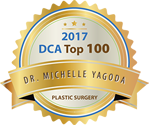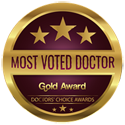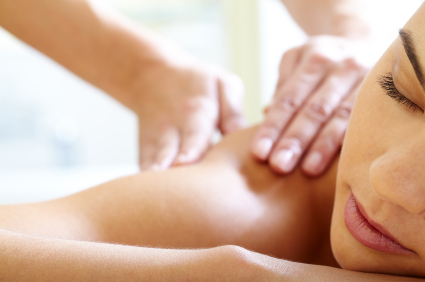
Having trouble sleeping? You aren’t alone! More than a third of US adults do not get enough sleep. Insufficient rest doesn’t just make you tired – it has many other associated health risks. If you are looking to improve your quality of life and sleep, then try resting both your mind AND body!
Getting enough sleep is an important component of reducing stress and tackling the day’s challenges. If you are sharing your bed with a companion, chances are you may think his or her presence can be disruptive to your “beauty sleep.” Worry not! As long as it isn’t snoring or sleep apnea waking you up, then sharing your bed is actually beneficial! Of course, if it is sleep apnea (a disruption of breathing) you should seek treatment. Those with allergies, deviated septums, enlarged turbinates or chronic sinus disease can all benefit from a doctor’s attention. Whether through traditional or endoscopic surgery, fixing sleep apnea and snoring problems will ensure a more peaceful slumber.
However, if you find yourself waking up often — or just do not feel energized in the morning! — consider getting a sleeping buddy! Research shows that the “love hormone,” oxytocin, is released in greater quantities when your nighttime habits include cuddling. Oxytocin not only has physical benefits – it reduces stress, decreases blood pressure, and promotes healing – but it increases our feelings of affection for healthy relationships.
Why is this? Well, we are social creatures! Having a “protector” nearby increases sleep neurotransmitters, and it is these chemical signals that help foster a good night’s rest. So, to be the most outwardly beautiful and healthy person you can be (heaven forbid you have the face of sleep deprivation!), start with ensuring long-term health through good sleeping habits. Just don’t let your sleeping buddy hog the sheets!

































 In today’s hectic, fast-paced world, it’s easy to become overwhelmed by stress and have negative thoughts when things don’t go as planned. The good news is that there are numerous techniques you can use to combat
In today’s hectic, fast-paced world, it’s easy to become overwhelmed by stress and have negative thoughts when things don’t go as planned. The good news is that there are numerous techniques you can use to combat  If sipping on a hot cup of coffee in the morning is one of your
If sipping on a hot cup of coffee in the morning is one of your  Myth or Medical Miracle?
Myth or Medical Miracle?  In European countries like France, red wine consumption is much higher than in many other parts of the world. The phenomenon known as the ‘French Paradox’ has astounded the medical world, because despite having
In European countries like France, red wine consumption is much higher than in many other parts of the world. The phenomenon known as the ‘French Paradox’ has astounded the medical world, because despite having  When should you follow your intuition? That inner
When should you follow your intuition? That inner  Bioengineers and physicians at New York Presbyterian, formerly Cornell University Medical Center, have successfully used a 3-D printer with injectable gels made of living cells to create an
Bioengineers and physicians at New York Presbyterian, formerly Cornell University Medical Center, have successfully used a 3-D printer with injectable gels made of living cells to create an  Junk food is undoubtedly linked to childhood obesity, yet big corporations market to children who are least aware of and least able to control the components of a
Junk food is undoubtedly linked to childhood obesity, yet big corporations market to children who are least aware of and least able to control the components of a